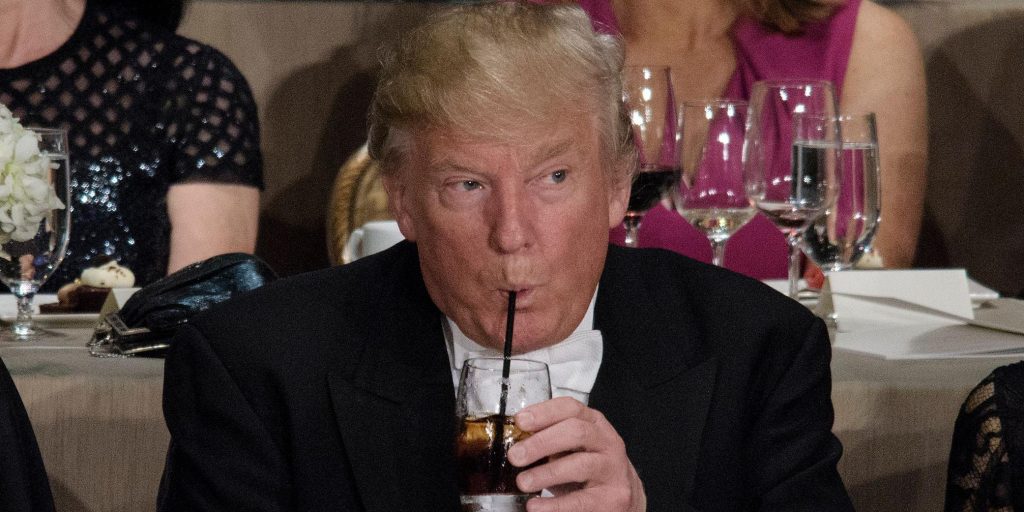In the picturesque landscapes of Virginia, the Trump Winery offers more than just a taste of wine; it serves a slice of Americana, wrapped in the vibrant hues of red, white, and blue. The winery, a symbol of patriotism, attracts visitors who are seemingly more captivated by the brand’s emblematic promise than the quality of its wines. The vineyard’s allure is not just in its bottles but in the shared nationalistic spirit that permeates the air.
During a visit, the ambiance resonates with a sense of collective identity, where the wines—some decent, others less so—play a secondary role to the overarching theme of American pride. This is especially palpable around Memorial Day, a time when patriotic emotions run high, and even the landscape seems to echo with a call to unity and remembrance according to The New York Times. The experience is a reminder of how food and drink can transcend their primary function, becoming vessels of cultural expression and political sentiment.
This juxtaposition of brand versus quality raises an intriguing question: Is the appeal of a winery in its terroir or the tapestry of stories it weaves around its name? In a world where branding often eclipses substance, Trump’s vineyard illustrates a broader trend of consumer loyalty driven by identity rather than taste. Have we become more enamored with what something represents than what it truly is? This reflection invites us to consider how our choices in consumption reflect deeper values and aspirations.


